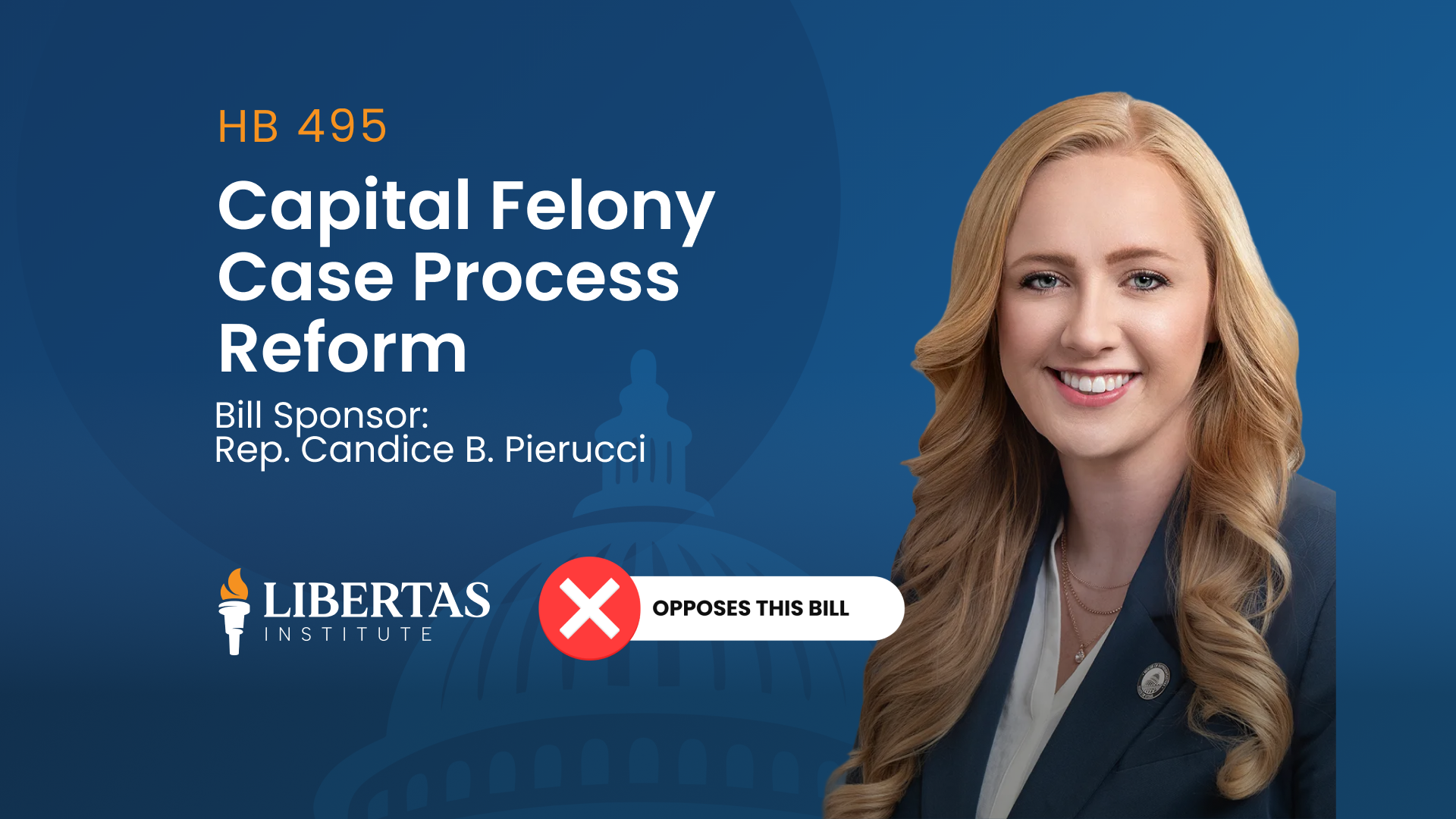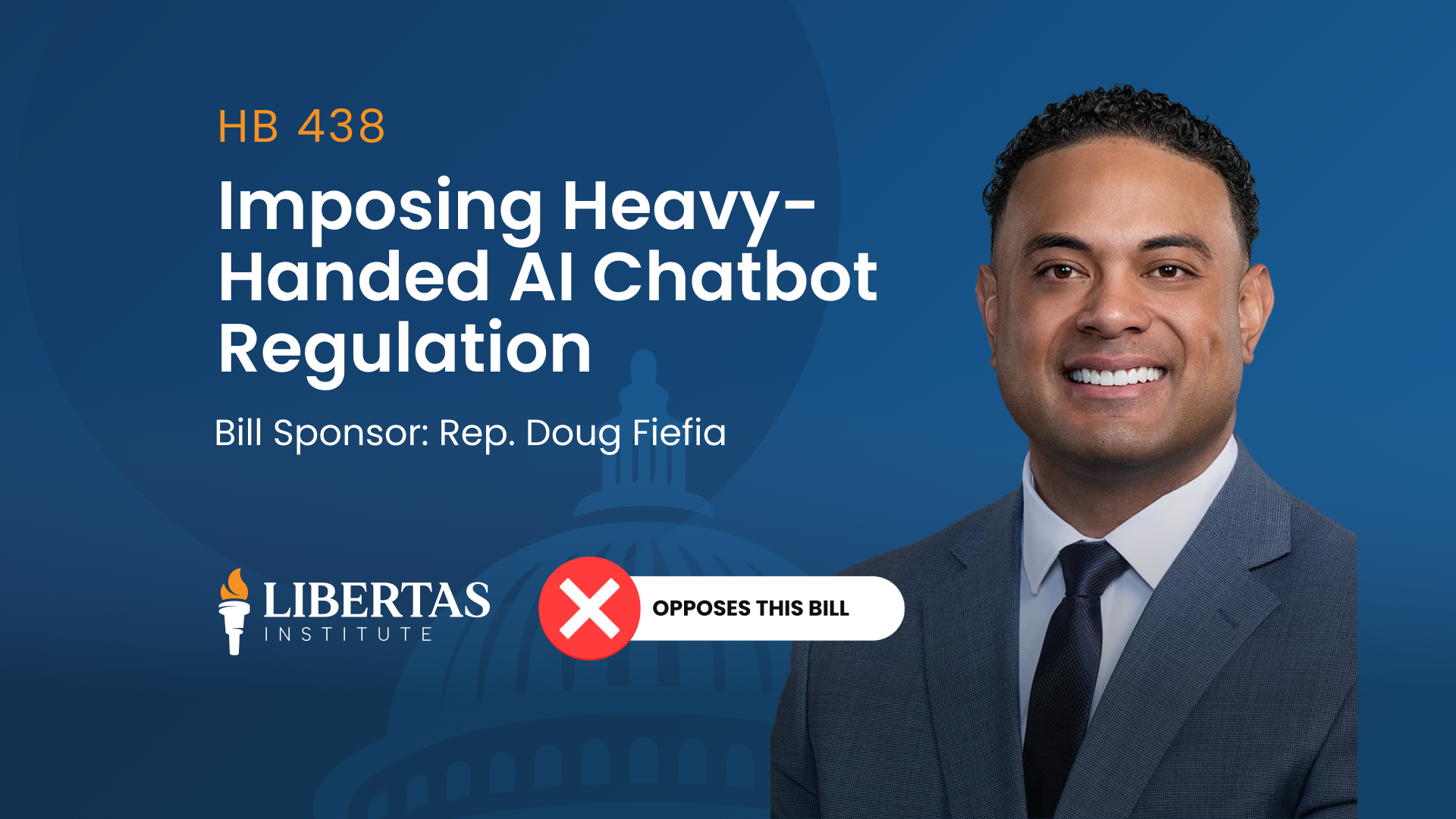To track the status of this bill, find it on our Legislation Tracker. Click here to contact the sponsor of the bill to share your thoughts, or click here to email your Senator and Representative about it.
Libertas Institute supports this bill
The coronavirus has proven to be quite the world pandemic, affecting several segments of society. When events like this occur, the market is shocked, as people make runs on various stores and all kinds of shortages occur. Along with the shortages, consumers sometimes experience and complain about “price-gouging” — intentionally raising prices on certain kinds of goods, resulting in “higher than normal” profits.
Utah is one of many states with anti-price-gouging laws on the books. In Utah, violating the law can carry a fine of up to $1,000 per incident for the violator. During the pandemic, we filed public records requests to see what kinds of price-gouging was being reported. While there were certainly cases related to essential goods like toilet paper, we also found countless examples of people complaining about non-essential goods.
The law was being abused to report on prices of goods that are by no means essential and highly unlikely targets for purchase from consumers during a pandemic or an emergency. For example, many people reported about price-gouging of the Nintendo Switch, a popular gaming console, being sold well above its market price during the pandemic. Another example reported was a KSL listing of a weight set being listed for sale for a million dollars. Examples like these reinforce the notion that while price-gouging laws like this seem reasonable to many, they can be easily abused for the wrong reasons. Additionally, preventing price increases during times of shortages and high demand creates more problems than it solves — and the law should be reformed at the very least.
Senate Bill 86 aims to change the law to address some of these concerns. Sponsored by Senator Lincoln Fillmore, the bill would seek to reform the existing price-gouging laws to focus on people who are clearly and significantly taking advantage of Utahns. The bill also requires consideration of the total costs associated with acquiring and providing critical goods, rather than just the price to purchase a good during normal times, which is an unreasonable standard. By focusing on people who are being reported repeatedly and profit in excess of $1,000, the price-gouging laws can focus on people who are truly taking advantage of Utahns and avoid wasteful complaints in the process.
This bill does take a step in the right direction towards mitigating the unintended consequences price-gouging laws tend to produce.




